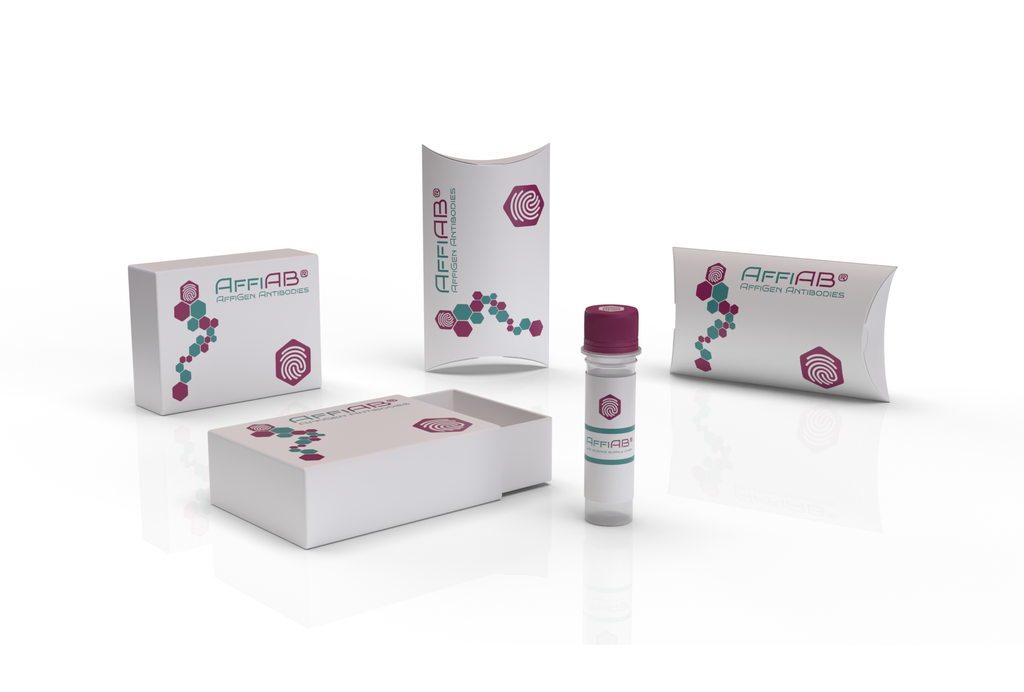AffiAB® Anti-GATA3 Antibody
GATA3 is a transcription factor that in humans is encoded by the GATA3 gene. Studies in animal models and humans indicate that it controls the expression of a wide range of biologically and clinically important genes. The GATA3 transcription factor is critical for the embryonic development of various tissues as well as for inflammatory and humoral immune responses and the proper functioning of the endothelium of blood vessels. GATA3 haploinsufficiency (i.e. lose of one or the two inherited GATA3 genes) results in a congenital disorder termed the Barakat syndrome. Current clinical and laboratory research is focusing on determining the benefits of directly or indirectly blocking the action of GATA3 in inflammatory and allergic diseases such as asthma. It is also proposed to be a clinically important marker for various types of cancer, particularly those of the breast. However, the role, if any, of GATA3 in the development of these cancers is under study and remains unclear.
Antibody type
Rabbit polyclonal Antibody
Uniprot ID
SwissProt: P23771 Human; Entrez Gene: 85471 Rat
Recombinant
NO
Conjugation
Non-conjugated
Host
Rabbit
Isotype
IgG
Clone
N/A
KO/KD
N/A
Species reactivity
Human, Rat
Tested applications
WB, IF-Cell, IHC-P, FC
Predicted species reactivity
N/A
Immunogen
Synthetic peptide within N-terminal human GATA3.
Storage
Store at +4°C after thawing. Aliquot store at -20°C. Avoid repeated freeze / thaw cycles.
Form
Liquid
Storage buffer
1*PBS (pH7.4) , 0.2% BSA, 50% Glycerol. Preservative: 0.05% Sodium Azide.
Concentration
1 mg/mL.
Purity
Immunogen affinity purified.
Signal pathway
allergic rhinitis, Cardiovascular
Recommended dilutions
WB:1:500-1:1000; IF-Cell:1:50-1:200; IHC-P:1:50-1:200; FC:1:50-1:100
Molecular Weight
Predicted band size: 48 kDa
Subcellular location
Nucleus.
Positive control
MCF-7 cell lysates, MCF-7, rat bladder tissue.
